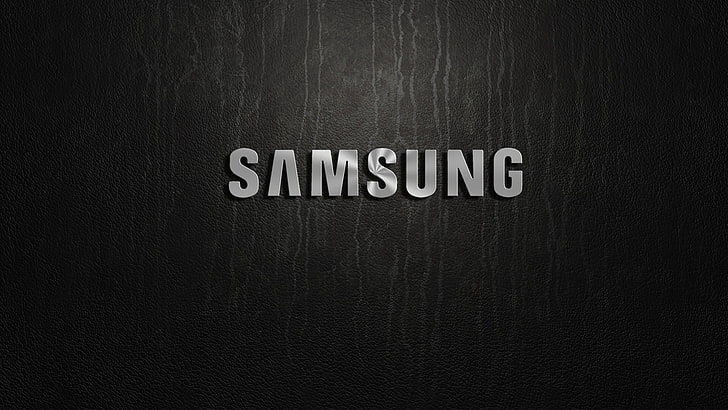Just a few months ago, Samsung Electronics Co. looked primed to benefit from the global AI boom: profits were surging and its stock was rising toward an all-time high.
Now, South Korea’s biggest company has become a stark example of how quickly fortunes can turn in an industry where the spoils go to those who maintain a technological edge.
As concerns mount that the company is losing out to smaller rival SK Hynix Inc. in AI memory and failing to gain on Taiwan Semiconductor Manufacturing Co. in outsourced chipmaking, Samsung shares have tumbled 32% from this year’s peak on July 9. The company has lost $122 billion of market value in that span, more than any other chipmaker worldwide.
Samsung has promised an overhaul to regain competitiveness, but international money managers including Pictet Asset Management Ltd. and Janus Henderson Investors SP Ltd. are unconvinced a turnaround is imminent. Overseas investors have sold about $10.7 billion worth of the South Korean company’s shares on a net basis since the end of July.
“We have more than halved our position in Samsung over the last few months — it was the largest position in our strategy in July,” said Sat Duhra, a portfolio manager at Janus Henderson Investors SP in Singapore. While Duhra said the shares have fallen to an attractive valuation, he has “no intention” to buy them for now.
Fading Fast
Smartphones and other consumer electronics still account for the biggest share of Samsung’s sales, but semiconductors have been contributing the most profit in recent years. With the recent crisis in its chip business, the Suwon-based company issued a rare apology to investors earlier this month for disappointing results.
The company’s story highlights how AI is the key factor minting winners and losers in today’s chip sector. While foreign investors have led an exodus from Samsung, Nvidia Corp. has become one of the world’s largest companies. TSMC, the key maker of chips designed by Nvidia and Apple Inc., has added over $330 billion in market value this year.
Things went south for Samsung quickly. Its stock flirted with a record high after it posted a 15-fold surge in operating profit for the June quarter. As recently as August, investors were optimistic it could win more business supplying Nvidia with high-bandwidth memory to work alongside AI processors.



